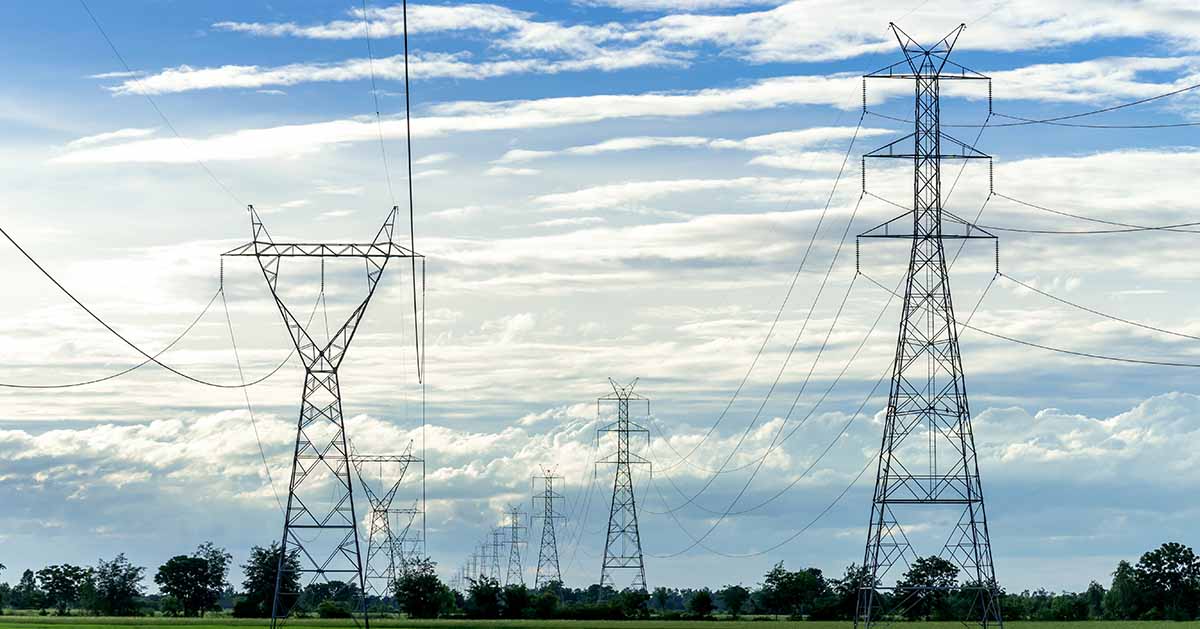Shams Power: The Role of Solar Panels in Pakistani Industries
In the quest for sustainable and environmentally responsible energy sources, solar power has emerged as a beacon of hope for industries across the globe. With its abundant sunlight and a growing energy demand, Pakistan is no exception to this global trend. The deployment of solar panels in Pakistani industries is a viable solution to address the energy crisis and a step towards reducing the country's carbon footprint and ensuring a cleaner and more sustainable future.
Energy Crisis in Pakistan
Pakistan has grappled with an acute energy crisis for years, severely affecting its industries, economy, and overall development. Frequent power outages, high electricity tariffs, and an overreliance on fossil fuels have hampered industrial growth and made it challenging for businesses to operate efficiently. Solar panels have emerged as a game-changer in this context, offering a sustainable and reliable energy source.
Abundant Solar Resources
One of Pakistan's most significant advantages regarding solar energy is its geographical location. Situated in a region with ample sunlight, the country receives around 2,000 to 2,500 hours of sunshine annually. This abundance of solar radiation makes it an ideal candidate for harnessing solar power for industrial use. As the cost of solar technology continues to decrease, the potential for solar power generation in Pakistan becomes increasingly promising.
Reducing Carbon Footprint
The industrial sector in Pakistan is a significant contributor to the country's carbon emissions. Heavy reliance on fossil fuels, particularly coal and natural gas, has resulted in high levels of pollution and greenhouse gas emissions. Transitioning to solar energy can significantly reduce the carbon footprint of Pakistani industries. Solar panels generate electricity without emitting harmful pollutants, helping the country achieve its climate goals.
Cost-Effective Energy Solution
The affordability of solar panels has improved dramatically in recent years. The declining cost of photovoltaic (PV) technology, coupled with various government incentives and subsidies, has made solar energy a cost-effective option for industries in Pakistan. Solar panels have relatively low operational and maintenance costs, and once installed, they can provide a reliable source of electricity for decades.
Energy Independence and Reliability
One of the critical advantages of solar panels is the energy independence they offer. By generating electricity on-site, industries can reduce their dependence on the national grid, often plagued by power shortages and fluctuations. Solar power systems equipped with energy storage solutions can provide a consistent and reliable source of electricity, ensuring uninterrupted production processes for industrial facilities.
Job Creation
The adoption of solar technology in Pakistan's industries has the potential to create job opportunities across various sectors. From manufacturing and installing solar panels to maintenance and operations, the solar industry can become a source of employment for many Pakistanis. This job creation can positively impact the country's economy, reducing unemployment rates and fostering economic growth.
Rural Electrification
While this blog focuses on industrial applications, it's worth noting that solar panels can also play a crucial role in rural electrification. Many parts of Pakistan lack access to reliable electricity, especially in remote and off-grid areas. Solar power systems, including mini-grids and solar home systems, can bring electricity to these underserved regions, improving the quality of life and promoting economic development.
Government Initiatives and Incentives
The Pakistani government has recognized the potential of solar energy and has taken several initiatives to promote its adoption in the industrial sector. These initiatives include net metering policies, tax incentives, and subsidies for industrial consumers who invest in solar panels. Such incentives reduce the financial burden on industries and encourage them to transition to cleaner and more sustainable energy sources.
Challenges and Solutions
While adopting solar panels in Pakistani industries is promising, it has challenges. Some main hurdles include the initial capital cost of solar installations, lack of awareness and technical expertise, and grid integration issues. However, these challenges can be addressed through innovative financing options, training programs, and improved grid infrastructure.
Reduced Energy Costs
Solar panels can significantly reduce energy costs for industries. Businesses can offset or even eliminate their reliance on expensive grid power by generating their electricity. This cost-saving aspect is particularly beneficial for energy-intensive industries, such as manufacturing and textiles, which often face high energy bills as a significant portion of their operational expenses.
Energy Security
Solar panels provide industries with a degree of energy security. By diversifying their energy sources and reducing dependence on fossil fuels or the grid, businesses become less vulnerable to energy supply disruptions caused by geopolitical issues, fuel shortages, or natural disasters.
Conclusion
The role of solar panels in Pakistani industries cannot be overstated. These clean and sustainable energy solutions offer a way out of the country's energy crisis while reducing its carbon footprint. As solar technology continues to evolve and become more affordable, more industries in Pakistan are likely to embrace solar power, leading to a brighter, more sustainable future for the nation. With government support, increased awareness, and innovative solutions, Pakistan can harness its abundant solar resources to power its industries and drive economic growth while contributing to a cleaner environment for future generations.
.jpg)




.jpg)

Comments
Post a Comment